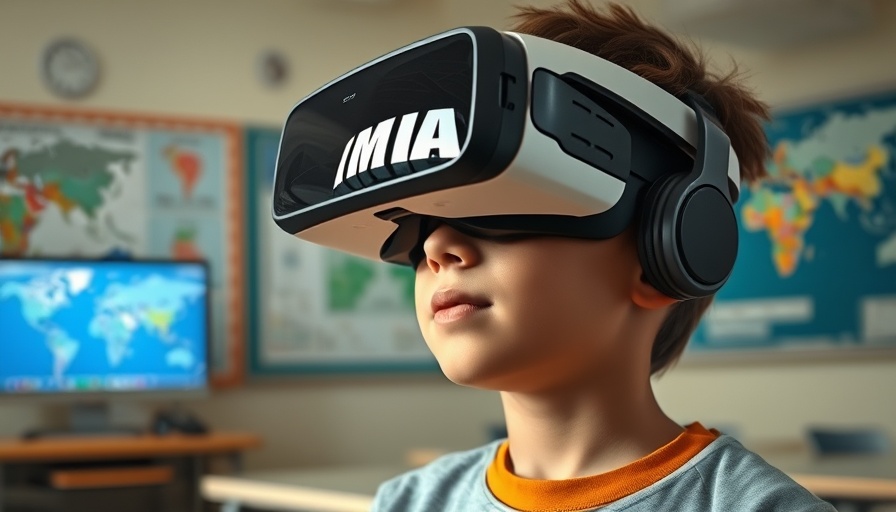
Embracing Failure: A New Learning Paradigm in Africa
Did you know that children using virtual reality (VR) are 40% more likely to experiment and learn resilience compared to their peers in traditional classrooms? As educational methodologies evolve, this innovative technology is reshaping how children in Africa and beyond confront learning challenges and failures. With the rising concern over the fear of failure among students, particularly in Africa, VR presents a liberating solution.
Turning Fear into Fuel: How VR Changes Perspectives
In conventional classrooms, fear of making mistakes often hinders students from pursuing complex tasks. The stigma attached to failure is a beast shaped by high-stakes assessments and cultural expectations, stifling curiosity and creativity. However, the immersive nature of VR allows children to simulate experiences where failure does not lead to negative consequences. This turns every failed attempt into a step towards mastery and learning. As highlighted by several educators, this environment encourages children to take creative risks, thereby cultivating resilience and adaptability—key traits for future leaders.
Real-World Case Studies: The Impact of VR on Learning Engagement
Schools like Nexa International in Kenya are leading the charge in integrating VR into their curriculums. By exploring global topics like climate change within a virtual context, students are not only engaging with the material but also retaining it better. Research shows that when VR is part of the educational mix, the students' eagerness to explore new ideas and concepts significantly increases. This transformation isn’t just limited to cognitive learning but extends into emotional growth as students learn to navigate their fears through experience.
The Gift of Safe Failure: Preparing Students for the Future
As the Digital Philosopher aptly stated, "In a world obsessed with perfection, virtual reality gives our kids an unexpected gift: the power to embrace failure as the first step to mastery." The integration of VR invites a critical rethink of educational frameworks across the continent, illuminating pathways that empower the next generation of innovators. By reducing the social costs and pressures surrounding failure, we position students to thrive in a future that demands agility and creativity.
Why Knowing About VR is Essential for Young Learners
Understanding the psychological impact of consequence-free experimentation is crucial for young learners. The experience gained through VR not only enhances technical skills but also nurtures vital life qualities like grit and emotional intelligence. As education in Africa pivots towards incorporating more technology, being informed about VR’s potential becomes paramount. It opens doors for students from various backgrounds to engage equally with their education, setting a foundation for a diverse learner pool equipped for future challenges.
Key Takeaways: The Future of Education in Africa
The evidence is clear that by normalizing the experience of failure through VR, we create an educational environment in Africa that values creativity and resilience above all. As stakeholders in the educational sector, embracing this technology is essential to advance learning methods and reach diverse learners. The benefits extend far beyond individual students; they promise to enhance Africa's educational landscape as a whole.
 Add Row
Add Row  Add
Add 




Write A Comment